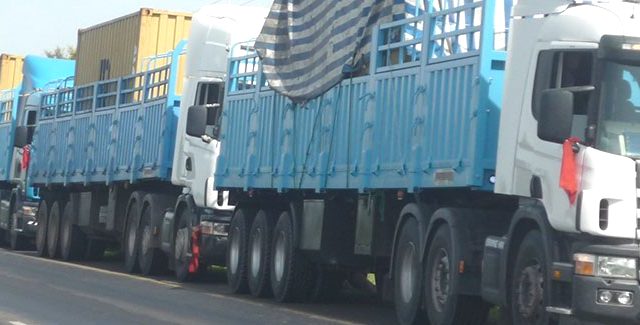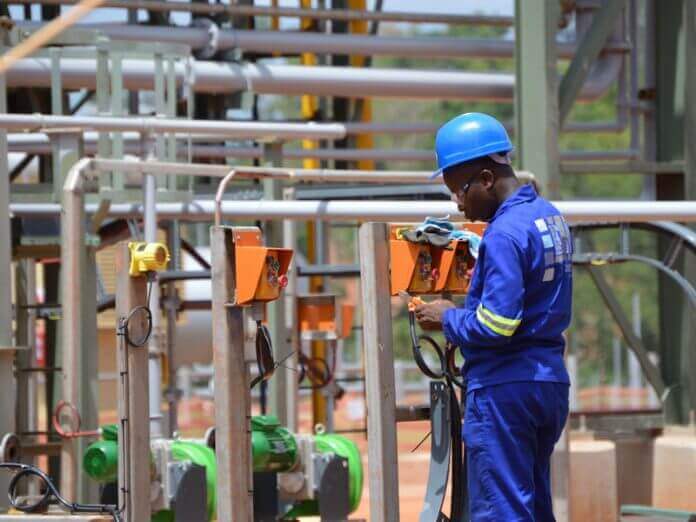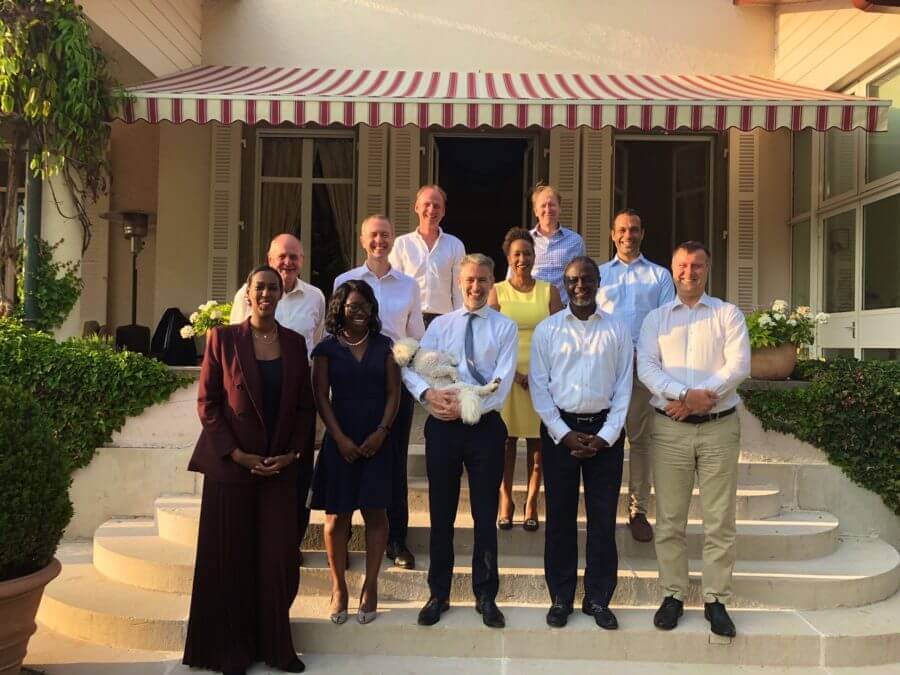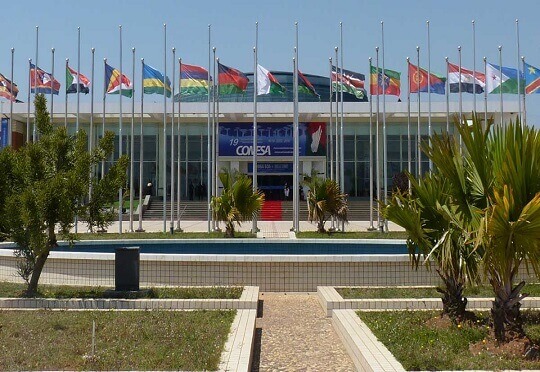Heads of State drawn from the Common Market for Eastern and Southern Africa (COMESA) are keen to see the incorporation of small and medium enterprises under the impending border-less trade on the continent. The leaders who were represented at the opening of COMESA’s high level business summit in Nairobi on Wednesday lay emphasis on the growth of the micro-enterprises who between themselves contribute to the largest share of jobs and Gross Domestic Product (GDP) output. “Each government should have the political will to support SMEs as they wouldn’t be able to penetrate a continental market by themselves. Further, we risk developing a free market which only serves the big boys,” noted Zambia’s President Edgar Lungu. While the continent is adequately resourced with a hardworking and enterprising populace, trade between partner states has remained well below average as exports to the rest of the world remain dominant. Intra-trade within COMESA accounted for a mere Ksh.814 billion ($7.9 billion) in 2017 in comparison to a greater share of Ksh.9 trillion ($86.9 billion) in total global exports. Acting Mauritian President Paramasimuv Pillay attributed the depressive trade play-out to continued barriers to regional trade to further pile pressure on partner states who remain keen on sheltering their internal markets from any external influence. “We must promote policies and measures to better the business climate by, for instance, eliminating barriers to SME licensing. We can also seek to relax some of the rules of origin to enable enterprises to source for raw materials widely,” he...
push for intra-regional trade
Posted on: July 18, 2019
Posted on: July 18, 2019



















